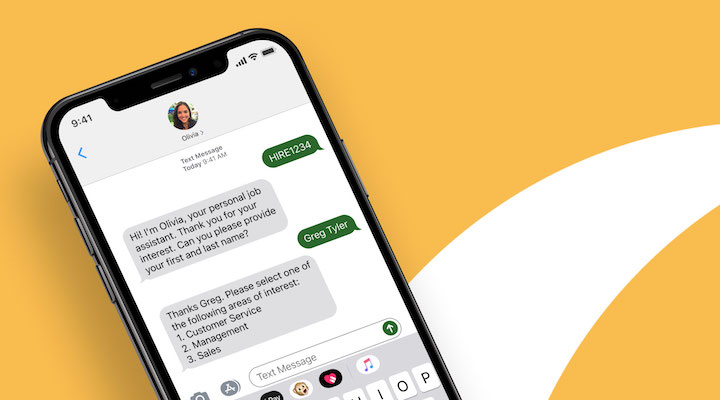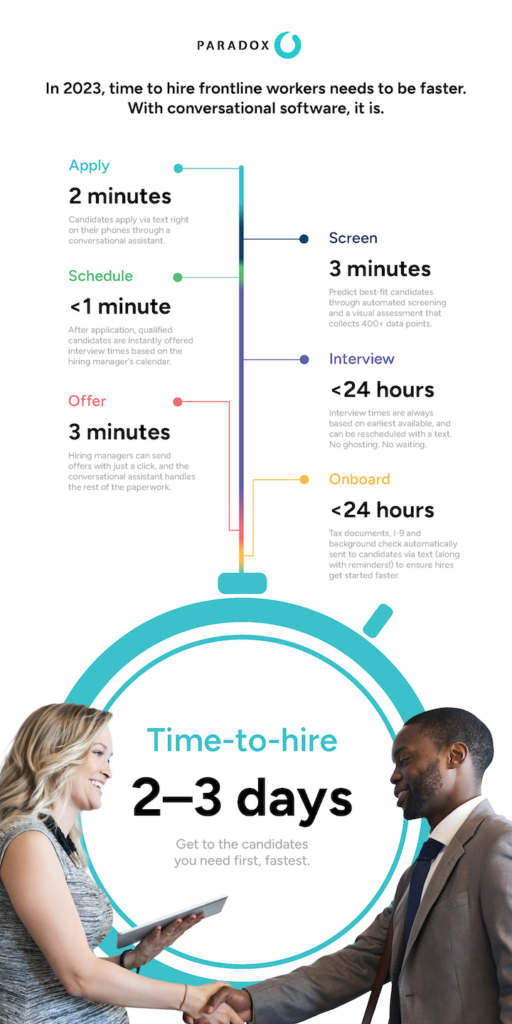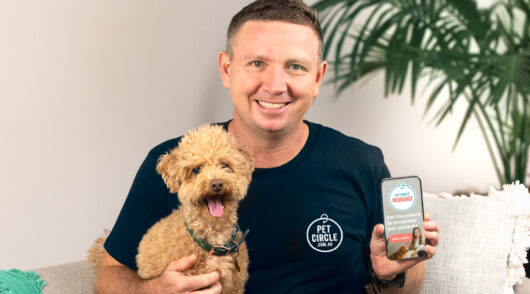In the face of a tight labour market, retailers in Australia are gearing up their hiring efforts to drive optimal business performance. However, as labour shortages, budget constraints, and the lingering effects of Covid-19 recovery persist, businesses find themselves navigating through an entirely transformed retail landscape.
Here are three tips to help retailers combat hiring challenges this year:
Meet candidates where they are
It starts with meeting candidates where they are: their mobile phones. Whether you’re hiring a waiter, cashier, or store manager – people thrive in mobile-first environments. Most job seekers (especially the mobile-native Gen Zs) start their search on mobile devices. When thinking about making your hiring process mobile, here are a couple of questions to ask yourself:
- How does your career site perform on a mobile device?
- Is it easy for candidates to find and apply for a job on their phones?
- How are you communicating with candidates? Are you sending them text messages?
Imagine if your candidates can just scan a QR code or text a keyword – that can be advertised anywhere your potential candidates are: a cashier counter, a dining table, on social media – to start applying for a job on their phones in just a few minutes. Your open positions would stand out from the other 10 million and candidates would be more likely to apply.

Audit your job application and make it simple
In high-volume hiring, convenience and simplicity trump loyalty. The trick, then, is getting to the candidate first and being the fastest to an offer. And every single click, tab, screen, and form that you’re putting between your candidate and your application is an unnecessary roadblock that leads to candidate drop-off.
When reviewing your job application process, ask yourself a few questions:
- Is your job search experience intuitive?
- Do candidates have to create a login to apply?
- How many questions do you ask? How do you ask those questions? Do you have to ask all the questions up front?
- Is the experience personalised for each candidate?
Forty-nine per cent of candidates would consider applying for a role instantly if the process appeared simple. And according to Aptitude Research, chat-based applications convert nine times higher than traditional applications.
Add speed and transparency to the process
Speed and transparency are crucial to developing meaningful relationships with candidates. Once candidates are engaged on their mobile devices and have applied in a simple, easy text-to-apply conversation, how do you make sure you retain and convert these candidates into a hire? Here are some things to consider when adding speed and transparency to your process:
- How long does it take to hire someone for a role?
- Do you remind candidates of upcoming interviews or action items to complete?
- If a candidate isn’t the right fit for a role, do you let them know?
- Do you try matching silver medalists to other roles?
Candidates are more likely to apply if they find their preferred position quickly. They’re less likely to drop out of the process if the application process is short and intentional. And if you answer their questions instantly and keep them updated throughout the process, they’ll never be left waiting for valuable information.
That’s why recruiting teams around the world are leveraging Paradox’s hiring platform to automate mobile-first, lightning-fast candidate experiences. Paradox’s conversational AI assistant (we call her Olivia) is helping candidates find and apply for jobs while automating screening, interview scheduling, and onboarding for hiring teams. You can shorten the average time to hire to two to three days for frontline workers.

By engaging candidates on mobile, eliminating application friction, and adding speed and transparency to their process – global leaders like McDonald’s, GoWireless, and Lowe’s have thrived in a hiring environment described as the hardest in generations.
Yes, you didn’t get into retail and recruiting because it was easy. But that doesn’t mean that everything needs to be hard, either. Especially right now.
A conversational assistant can help this historically tight labour market feel a little less so.






